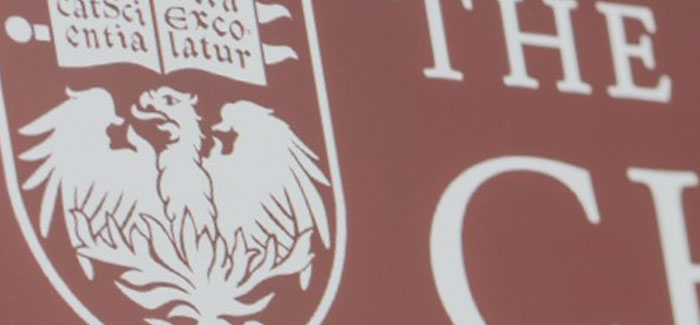
Report from the dean
A new opportunity to bring transformative scholars into the Division of Social Sciences.
A year makes a difference. Twelve months ago, the economy was in free fall and the University of Chicago was cutting its budget to cope with the effects. We are now living with less, and we will be living with less for a while longer. All of us are hoping for better times soon.
But we are also moving forward. Last fall, President Zimmer announced the University’s intention to proceed with a select set of strategic initiatives. Foremost among them is the expansion of the University of Chicago faculty. As I write, a committee of the arts and sciences deans is evaluating proposals for 72 new faculty positions from 34 different departments and programs. In the spring, we anticipate, the provost will authorize searches for 22 new assistant professors across the Social Sciences, Physical Sciences, Humanities, and the Divinity School. The University also plans to make strategic hires at the senior level, taking advantage of an opportunity to bring transformative scholars into the divisions. Talk about tough decisions—but exciting ones!
Behind the president’s decision is the belief that the University can invest more in its faculty, even in hard times. Last year, the University’s leadership showed its ability to make tough, disciplined, unflinching choices, adjusting our current commitments to our diminished resources and earning the confidence of the board of trustees.
Even more important is the University’s conviction that it must expand the faculty. The size of the arts and sciences faculty at Chicago has been constant for four decades, even as new fields of inquiry have opened, even as peers have grown, and even as the Chicago student body has increased from 9,000 students in the early 1970s to 15,000 now. We must expand the faculty to keep up with the demands, to maintain pace with our competitors, and to stay in front of scholarly developments.
And now is the time. Other universities are freezing their faculties, or reducing them. Meanwhile, outstanding young scholars are completing their studies and entering the most uncertain academic employment market in memory. We have the chance now to recruit the best of the next generation to the University of Chicago, to place them in the most stimulating intellectual community on the planet, and to share in the excitement as they grow into the leading social scientists of their day. We will seize it.
John Mark Hansen, dean
